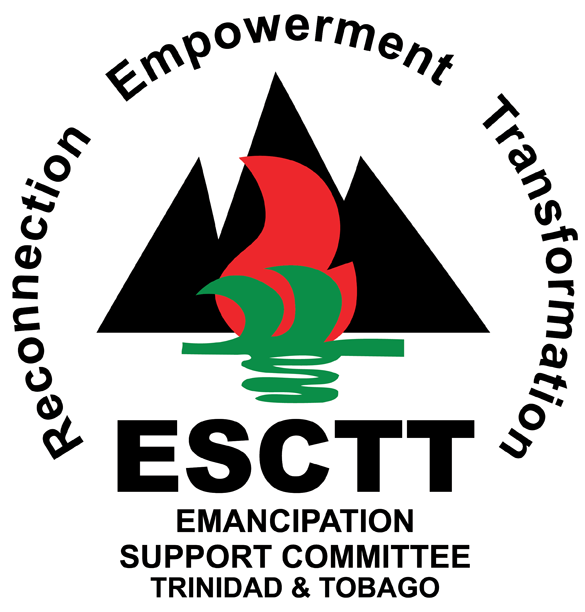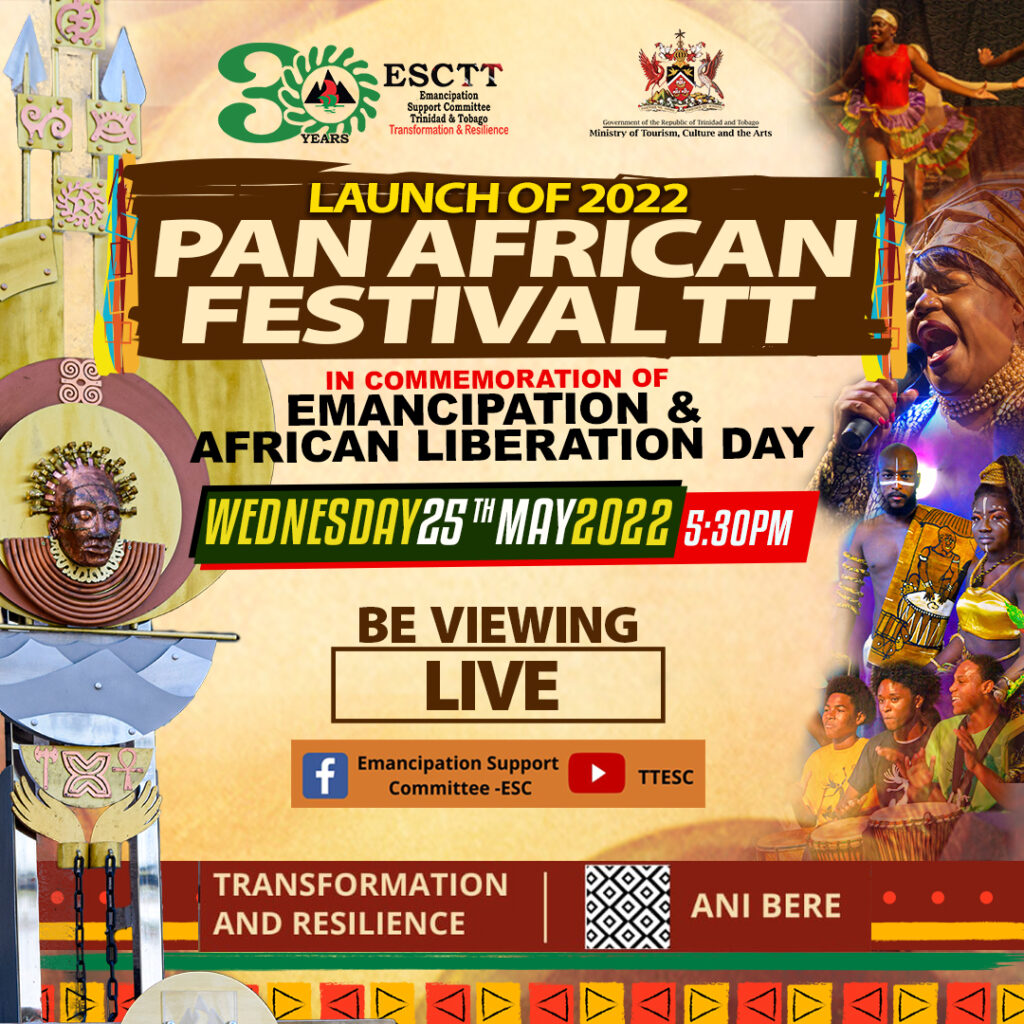One of the brutal realities confronting humanity is that today we live in a world that is out of balance, one which entrenches the power and wealth of a mainly European/white minority. This is readily established by an examination of statistics on income and economic participation at a global level and within countries. OXFAM estimates that the world’s wealthiest 1% have twice as much wealth as 6.9 billion people.
Racial imbalances are also reflected in the control of institutions such as the World Bank, the International Monetary Fund and the UN Security Council which exercise inordinate power over critical developmental decisions of States, in particular non-European States. China – with its economic and technological might, military power and culturally ingrained sense of its own worth – is the only non-white country that poses a major challenge to this status quo at the present time. It is the only non-white state in the Security Council, where it has played an important role, and it also serves on the Boards of the International Monetary Fund and the World Bank. Japan is the only other non-white member in the latter two institutions.
Power relationships internationally are reflected in the bullying of non-white countries by wealthy and militarily powerful white countries, without UN approval and even without the sanction of the Security Council. One current gross example is the continuing strangulation of Zimbabwe in revenge for former President Mugabe’s just reclamation of the country’s stolen land in 2000 and redistribution to the people of Zimbabwe. British colonial settlers, 5% of the population, had brazenly seized at gunpoint and occupied 75% of the agricultural land. Former African land owners were forced to become underpaid workers.
The daring actions of the Mugabe led government had stimulated African pride internationally. Crippling sanctions were imposed, despite China and Russia voting against them in the Security Council, but pan-African solidarity, in combination with support from other progressive countries, made it possible for Zimbabwe to survive. Unfortunately crippling sanctions are still employed to force the present government, led by President Emmerson Mnangagwa, to commit to pay an unpayable US $3.5 billion compensation to the white farmers who had stolen and occupied the land, shamelessly justifying it as payments for improvements.
Countries in the Caribbean region have been very aware of the threat and severity of US sanctions since they were imposed against Cuba following the victory of the revolution in 1959. Despite the pain however Cuba ultimately triumphed. Currently the United States and its allies continue to undermine the official United Nations system using the same immoral, gang-like recruitment and coercion of weaker neighbouring countries to destroy the Venezuelan economy, threatening any nation that dares to defy their embargo. Trinidad and Tobago came close to being a victim of their illegal sanctions in 2020 on the basis that it had sold fuel to Venezuela.
Pan-Africanism is one of the ideological and action-inspiring responses to this state of the world, which emerged over the last 500 years and it is in the DNA of our nation. In a biological sense, it is in the bloodstream of persons who are classified as African or African descendants. But it is more than that. It is in the DNA of our political inheritance as a country. Trinidad and Tobago has achieved international recognition in the Pan-African movement disproportionate to the size of its population and its landmass, with good reason.
The First Pan African Conference was organized by a Trinidad and Tobago national, Henry Sylvestre Williams in 1900. Other Trinidad and Tobago nationals emerged as iconic figures of the movement, George Padmore and C.L.R. James among them. The country’s first Prime Minister, Dr Eric Williams was recognized within the movement for his scholarship, in particular his ground-breaking book, Capitalism and Slavery. Kwame Ture who popularized the term Black Power internationally emerged as another iconic figure of the movement. In Trinidad & Tobago Muzumbo Lazare, amassed signatures during the late 1890’s in efforts to pressure the local legislature to recognize August 1as Emancipation Day. He also invited Sylvestre Williams to found a local Pan African Association in 1901.
Apart from Dr. Eric Williams, who is remembered as the Prime Minister who led this country to independence, how do we recognize and draw inspiration from these outstanding contributors? Our young children today are deprived of memories of Henry Sylvestre Williams and other pan-African heroes. This is a reflection that the memory of what they stood for, our connection with our African ancestry, still lies in a mental space that is uncomfortable, polluted with destructive myths. We need to ask ourselves, what is the cost of ignoring such achievers, the cost in African self-esteem and self-confidence? the cost in African motivation? in African capacity for collective action?
We are living in a society where other ethnic groups cherish their heritage. In the case of those whose foreparents enslaved us, they have institutionalized a cover up of the historical crimes. They successfully turned villains into heroes in our minds by installing reinvented memories of them, abominable lies, in our schoolbooks, in other media and even in our built environment. The most tragic aspect of this is that our officials in government, from independence to the present, cannot bear the thought of removing statues, other monuments or even street names that memorialize and glorify some of history’s most despicable villains. These include Christopher Columbus who initiated and conducted the worst genocide in this region that resulted in the slaughter of 15 million indigenous inhabitants of the Caribbean and South America. The name of 19th century British Governor Ralph Woodford pollutes a prominent square in Port of Spain which became a central hub of national politics. He was considered notoriously racist even for his time distinguishing Whites from Blacks on the “one drop” rule in segregating ceremonies,
While monuments to criminals are reverentially preserved, the house of Muzumbo Lazare was demolished to make way for a church in the international network of American televangelist, Morris Cerullo. Just a few years ago, the abandoned house of Henry Sylvestre Williams in Arouca, instead of being restored and preserved as a historic memory, was unceremoniously demolished. In contrast, a few miles away from where it stood, in the village of Lopinot, national resources are spent on preserving the house of a vicious slave master after whom the village was named, Compte de Lopinot. It is maintained not as a reminder of the worst crime against humanity but as a disgraceful cover up of the crimes committed by this sadistic 19th century brute. Unimaginably, in light of the well documented reality, the signage at the site describes Lopinot as “illustrious”, even claiming that he was “loved” by his “loyal slaves”. This terminology mocks the unbearable suffering of our foreparents in that period, demeans them and diminishes their humanity. In the historical records Lopinot is described as excessively cruel even by the standards of his time, maintaining a regime of “gross overwork, malnutrition, primitive conditions, diseases, the absence of any medical care along with tortures, mutilations and barbaric executions”.
Historian Bridget Brereton informs us that the enslaved in Trinidad “were literally worked until death in this period.” Lopinot was also head of the regiment which hunted and captured Africans who had escaped the slave plantations in Trinidad, returning them to the hell from which they ran. The ongoing despicable falsification of history associated with places of memory like this, even after the lies have been pointed out to the authorities, and the absence of relevant information in our early school curricula contribute to undermining the self-esteem of our African children who are already bombarded by other demeaning images and misinformation.
These false historical narratives, constructed with deliberate intent, are not harmless. Our notion of history influences the way in which we see ourselves and others. Key officials in this society cannot bear the thought of changing the sign at Lopinot to reflect the truth. To them the removal of the statue of Columbus, one of history’s most notorious mass murderers, would feel like sacrilege. This is an indication of how such myths have diminished our self-worth, undermined our fundamental values and confused our logic. It emphasizes the need for us to decolonize the formal education system, constructively influence the projection of positive information and images by mass media and otherwise take responsibility for influencing the society’s recognition of who we are. But for us to influence the society in that direction we have to proudly affirm our ethnic identity and build Pan-African solidarity.
The United Nations declared International Decade for People of African Descent opens opportunities by encouraging the cooperation of governments and civil society to work together to identify and address the main challenges facing our people. The Decade will end in less than four years. Much more could have been achieved by now if most of the CARICOM governments, including our own, had embraced it.Last year the Caribbean Pan African Network, for which we are the Secretariat, and the CPDC (Caribbean Policy Development Centre) wrote formally to CARICOM requesting that IDPAD be put on the regional agenda and representatives of our organizations invited to participate in the discussions. We will follow up with the current Chair of Caricom, the Honourable Dr Keith Rowley, Prime Minister of Trinidad and Tobago. All African organizations in the region need to lobby their governments for this to become a reality.
When we chose our emancipation theme for the year 2021, it was deliberately done to put a focus on these critical issues. In Trinidad & Tobago our own African identity crisis is a major contributor to the minimal use of the opportunities provided by the decade. Ignoring this will lead to continuing and deepening imbalances nationally in a world where, despite our advances in many fields the pendulum is swinging against us and will continue to do so.
In 2021 we feel the need to emphasize how important it is for us to embrace our pan-African heritage to collectively rise out of economic marginalization, academic decline, and negative class perceptions which are further dis-empowering, antagonizing and alienating our brothers and sisters who are crushed at the lowest socio-economic levels.
As part of the process of remembering, this year we will install a monument honouring our ancestors who were enslaved, outside of the Treasury building in Port of Spain, where it was ceremonially unveiled by the Prime Minister in 2020.

